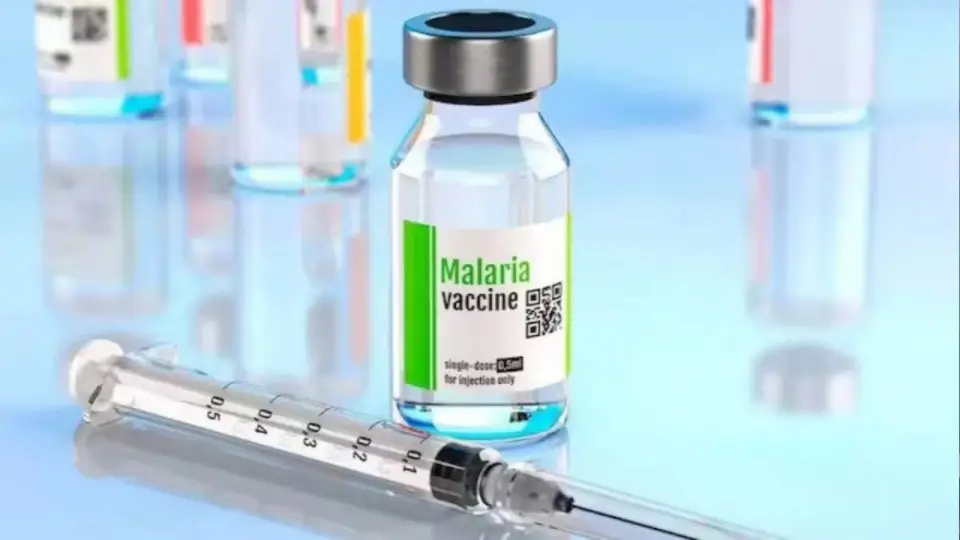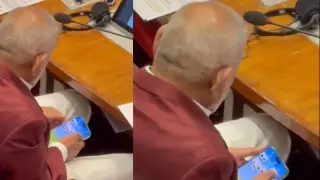
India Develops First Homegrown Malaria Vaccine That Disrupts Community Transmission (Social Media)
National News: In a major scientific achievement, India has introduced its first indigenous malaria vaccine, named Edvaxfalci (also referred to as Edfalcivax), offering a powerful new weapon in the country's decades-long fight against malaria. The vaccine has shown impressive effectiveness against Plasmodium falciparum, the most dangerous malaria-causing parasite, and is notable for its ability to interrupt disease transmission at the community level by halting the parasite’s spread through mosquitoes.
The innovation has been spearheaded by the Regional Medical Research Centre (RMRC) in Bhubaneswar, functioning under the Indian Council of Medical Research (ICMR). Following its successful development, ICMR has now issued an Expression of Interest (EOI) inviting pharmaceutical manufacturers to undertake the technology transfer and scale up production for public use.
Over the past decade, India has seen a remarkable drop in malaria cases. Between 2015 and 2023, the number of infections fell by 80.5%, while deaths caused by the disease declined by 78.38%. This significant progress resulted in India being taken off the World Health Organization’s High Burden to High Impact (HBHI) list in 2024. The government has now set bold goals — to reduce malaria cases to zero by 2027 and to completely eliminate the disease from Indian soil by 2030.
Worldwide, malaria remains a critical public health issue, with more than 263 million cases and over 600,000 deaths reported annually. India’s innovative, scalable, and cost-effective vaccine could provide a much-needed breakthrough in the global fight, especially in regions where malaria continues to claim lives and strain healthcare systems.
Health experts believe that Edvaxfalci’s thermostability and low production costs give it a strong edge in reaching underserved populations in Africa, Southeast Asia, and South America — areas most affected by the disease. Its ability to cut off transmission pathways makes it ideal for mass immunization campaigns even in areas lacking cold-chain infrastructure. If supported by global partnerships and international health organizations, this Indian-developed vaccine could help usher in a new chapter in the worldwide effort to eliminate malaria.













Copyright © 2025 Top Indian News
